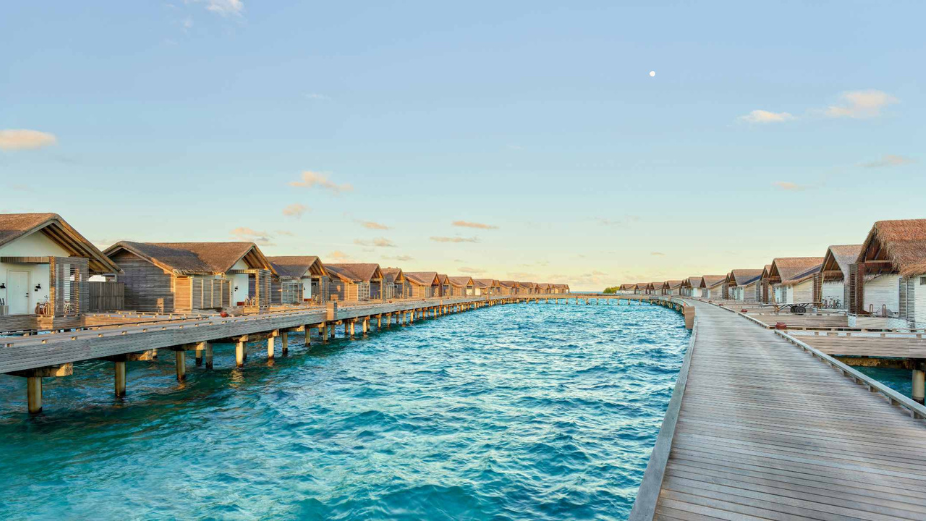
The Maldives Government has refined the initial amendments to the 2023 tourism regulation on determining lagoon boundary areas for places leased for tourism purposes.
The regulation, officially titled the ‘Regulation on Determination of Lagoon Boundary Areas of Places Leased for Tourism Purposes’ (Regulation No: R-90/2023), or simply the “Boundary Regulation,” encompasses various aspects related to determining lagoon boundary areas for tourism properties and establishes rules for permissible development in these areas.
The ‘First Amendment to the Regulation on Determination of Lagoon Boundary Areas of Places Leased for Tourism Purposes’ (Regulation No: R-177/2023), referred to as the “First Amendment,” was issued by the Ministry of Tourism (MoT) and came into effect on 16th November 2023.
This amendment addresses practical challenges the government faces concerning the determination of ‘no development zones’ and boundary area extensions for lagoons leased for tourism reclamation and development.
Revised Categories of Tourism Properties
The refined First Amendment has brought a significant change by excluding tourist guesthouses from the definition of a tourist resort. This modification removes tourist guesthouses from the category of tourism properties that fall under the boundary rules. As a result, the updated Boundary Regulation now includes integrated tourist resorts, resort hotels, hotels, and yacht marinas within its scope.
Exemptions to the ‘No Development Zone’
The refined First Amendment grants the Ministry of Tourism discretionary power to determine exemptions to the ‘no development zone’ outlined in the Boundary Regulation. This authority can be exercised under two circumstances:
1. When development work is conducted to safeguard the lagoon area of a tourism property from the impacts of weather conditions.
2. When a third party leasing a designated area within the lagoon boundary of a tourism property provides a no-objection statement to any proposed development within the ‘no development zone.’
Boundary Extensions for Lagoons
The refined amendment also introduces new rules specifically addressing extending boundary areas for lagoons leased for tourism development. According to the refined First Amendment, extension applications for lagoon boundaries may be considered under certain circumstances, provided that the relevant boundary extension fee is duly paid to the Maldives Inland Revenue Authority. Additionally, the extended lagoon area must be explicitly specified in an amendment to the lease agreement.












